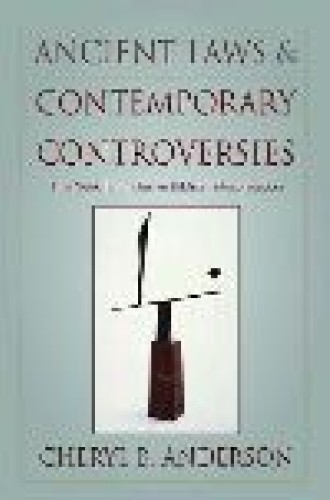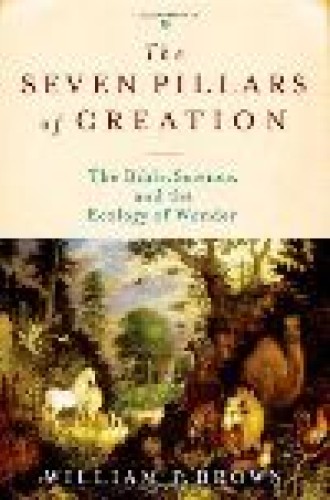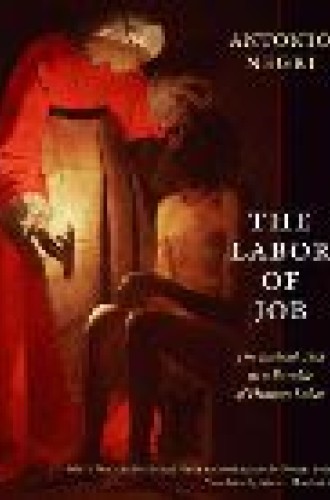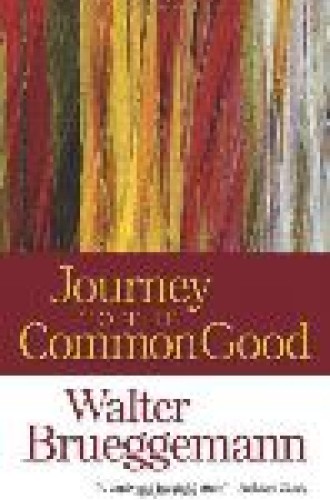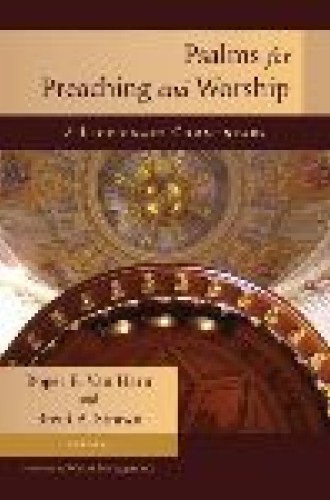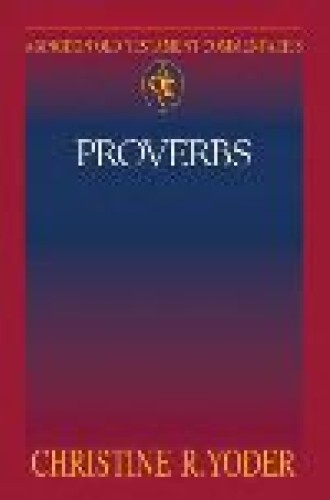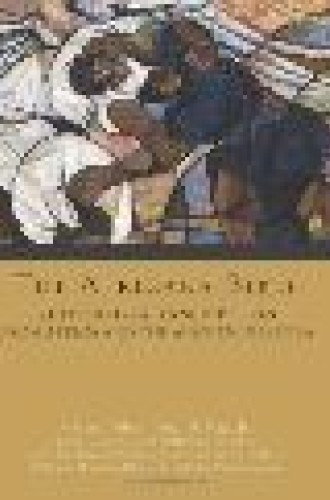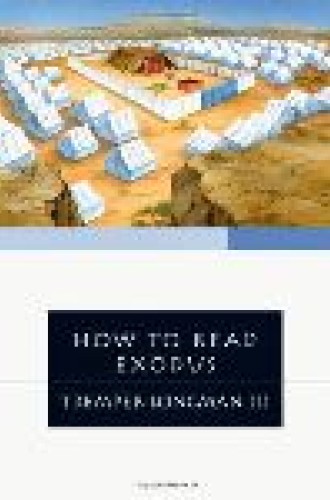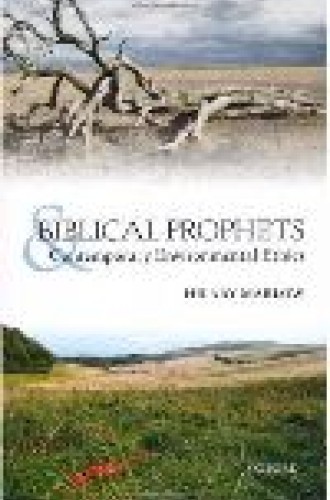Take and read
Anderson looks at the interpretive problems created when biblical laws concerning women, the poor and strangers are accepted literally among Protestant Christians. Drawing from Ruth and Esther, Jesus and Paul, she proposes rethinking biblical authority in favor of inclusive interpretations and urges Christians to adopt a prophetic Christian identity by creating the beloved community.
Brown’s study of the seven creation texts of the Old Testament presents exquisite biblical interpretation that destabilizes narrow assumptions about biblical creation. What makes the work unique is its deep engagement with contemporary biology and ecological science. The result is a book that calls forth praise, an ethic of responsibility and, of course, wonder.
For Negri, Job is a parable of contemporary life. The difficulty of reading this short work by an Italian Marxist political philosopher is offset by Negri’s provocative reflections about suffering, life and death, work, time and pain. Pain is the key that opens the door to community and to new consciousness.
Briefly and poetically, Brueggemann again risks connecting ancient texts to the lives of contemporary believers. He examines passages from Exodus, Jeremiah and Isaiah to critique our present greed, despair and individualism, and there he finds countering possibilities for the renewal of public imagination centered in neighborliness, hopefulness and the common good.
In a volume intended for pastors and preachers, the editors comment on each psalm and canticle in the three-year cycle of the Common Lectionary. The nontechnical writing and an introductory essay on the latest scholarship about psalms as prayer and poetry extend the book’s appeal.
These essays by African and African-American scholars of the Hebrew Bible are for everyone. They present “Africana” experiences clearly and concretely, illuminate biblical books and their interpretive problems and life-giving power, and reveal how all interpretations arise from the readers’ contexts.
Yoder finds in Proverbs contemporary resonances for faith education of young and old, for building moral character, for decision making in daily life, and for the unending yet captivating search for wisdom. An implied narrative underlies the literary structure of Proverbs, gathering its many disparate pieces into an ever-widening circle of conversation, beginning in the family and broadening to embrace the world.
In this entry in his How to Read series, Longman interprets Exodus for “heart and mind.” Scholarly approaches to narrative structure and archaeological, historical and theological matters become practical through study questions that help readers appropriate Exodus in their daily lives.
Marlow shows that the biblical prophets see relationships among God, people and creation within an organic, interconnected whole. She sets prophetic ecology within the long stream of Western ecological thinking, from the church fathers through the Reformers to the modern rift in biblical theology that sets nature against history. The prophetic vision is a critical resource for an ethic of Christian life in this expensive but thoughtful book.


